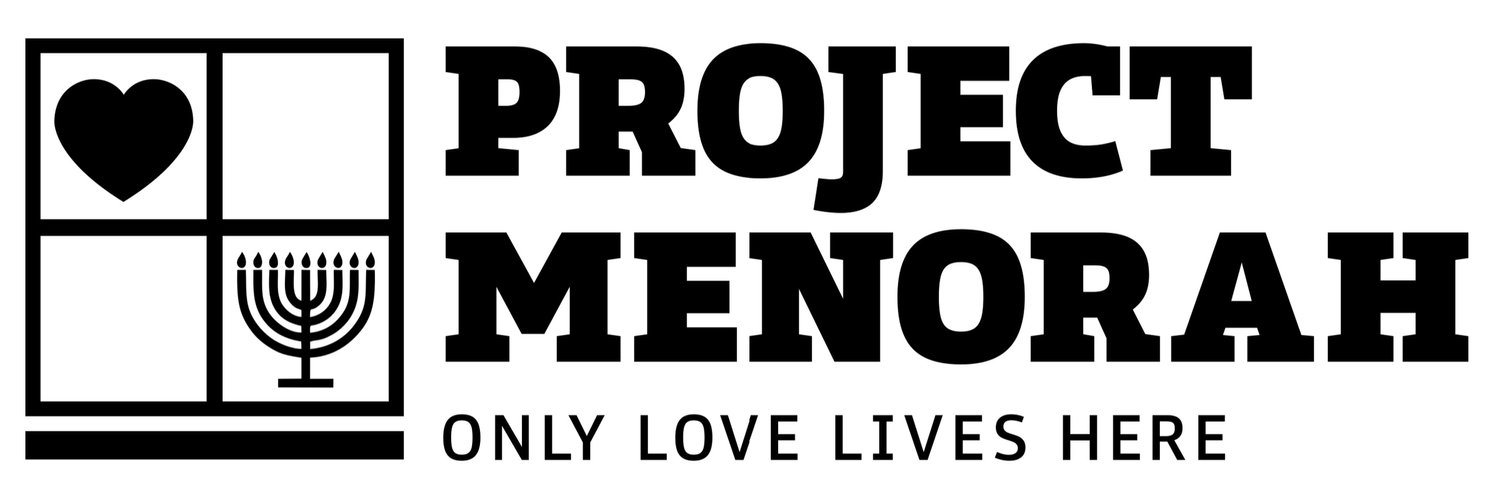What are Tzitzit?
Tzitzit (tseet-tseet or TSIT-sis)
Tzitzit are the strings you see hanging out of the shirts of some Orthodox Jewish men and boys. They are worn in response to a commandment in the Book of Numbers that reads:
“Speak to the Israelite people and instruct them to make for themselves fringes on the corners of their garments throughout the ages… look at it and recall all the commandments of the Lord and observe them...” (Numbers 15:38-39)
According to traditional Jewish law, one must have these fringes on every four-cornered garment. However, today most clothing doesn’t have corners, so a special garment called a tallit is worn. That’s the big, scarf-looking thing you see many Jews wear while praying. It has four corners with tzitzit on each corner. Many people only wear the tallit when they are praying, but others, particularly Orthodox Jews, always wear a special small tallit, called a tallit katan, under their clothes (and then another one over their clothes when praying). So, when you see the strings hanging out, what you’re seeing are the tzitzit. And when Jews see the tzitzit, we’re meant to remember all of the commandments in the Torah.
But not all Orthodox men wear their tzitzit hanging out so they’re visible. Some men choose to tuck their tzitzit in. To some degree, this has to do with personal preference. And sometimes they are tucked in if there is a concern about anti-Semitism.
FUN FACT
The tzitzit are attached to the corners and knotted according to a specific pattern. Hebrew letters are assigned numerical values. The numerical value of the word tzitzit (fringes) is 600. Each of the fringes contains 8 threads and 5 knots, making a total of 613. This number corresponds to the 613 commandments contained in the Torah.
SICILY 1943
The tallit (prayer shawl) is an essential part of Jewish worship. Its importance can be judged from a difficult moment that occurred in 1493. After years of persecution, the Jews of Sicily were kicked out of their homes and expelled from the country. They were allowed to bring only one dress, a mattress, a blanket, a pair of used sheets, and a few provisions. All other possessions and money were confiscated. Before leaving, the Jewish community asked the authorities to allow them to just take their prayer shawls with them. They were denied.

